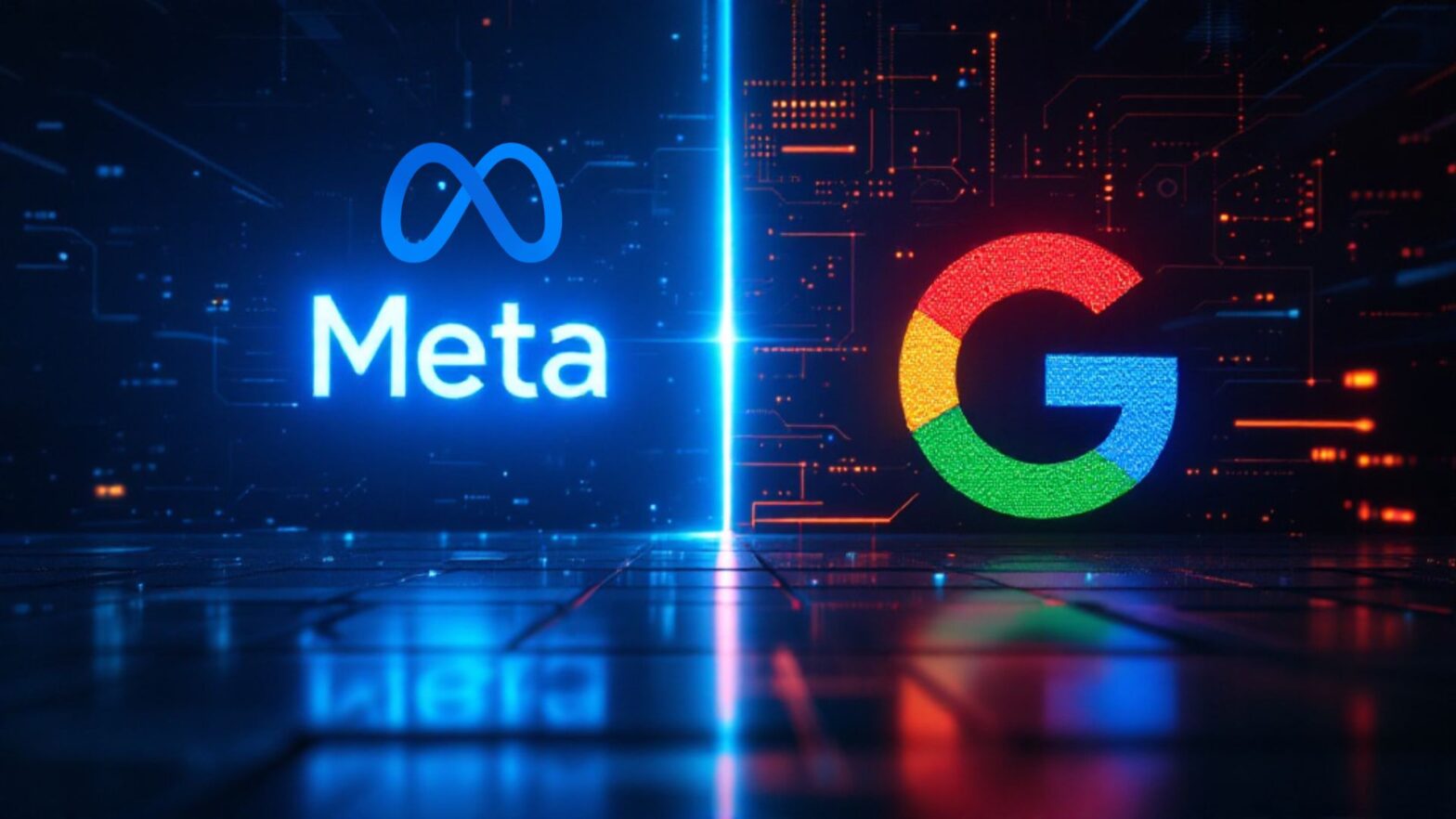According to Reuters, Meta Platforms is making a bold move into the AI search engine arena, developing its own solution to reduce dependency on tech giants Google and Microsoft’s Bing. This strategic shift marks a significant departure from Meta’s longtime reliance on external search providers for delivering information about news, stocks, and sports.
The initiative comes at a crucial time when AI-powered search is reshaping how users interact with information online. Meta’s approach focuses on delivering conversational answers about current events through its AI chatbot, integrated across WhatsApp, Instagram, and Facebook platforms.

“The competitive landscape in AI search is intensifying rapidly,” notes industry analyst Sarah Chen at Tech Insights. “With Google aggressively integrating its Gemini model and Microsoft leveraging OpenAI’s technology, Meta’s entry could significantly disrupt the established order.”
What sets Meta’s strategy apart is its extensive social media ecosystem. The company plans to leverage its existing web crawlers to gather and organize data independently, a move that could potentially reach billions of users across its platforms. This integration recently gained momentum through a partnership with Reuters to enhance real-time news delivery.
The backstory reveals deeper motivations. CEO Mark Zuckerberg has long expressed concerns about Meta’s vulnerability due to its reliance on competitors for critical services. According to internal sources, this dependency has become increasingly uncomfortable as tech partnerships grow more complex and competitive.
However, challenges loom large. “Building a robust search engine isn’t just about technology,” explains Dr. James Morrison, digital ethics researcher. “Meta must navigate significant ethical concerns around data usage and copyright infringement, especially given recent lawsuits from content creators.”
The company faces scrutiny over its web-scraping practices for AI training. Several authors have filed lawsuits alleging unauthorized use of their works, highlighting the delicate balance between innovation and intellectual property rights.
Despite these challenges, Meta’s move could reshape the search landscape. Recent data suggests that AI-powered search solutions are gaining traction among users seeking more conversational and contextual responses to their queries.
As this story develops, the key question remains: Can Meta’s AI search engine truly challenge Google’s dominance, or is this just another ambitious attempt that will fall short of toppling the search giant? The answer may depend not just on technological capabilities, but on how successfully Meta navigates the complex web of partnerships, regulations, and user expectations in this evolving landscape.















